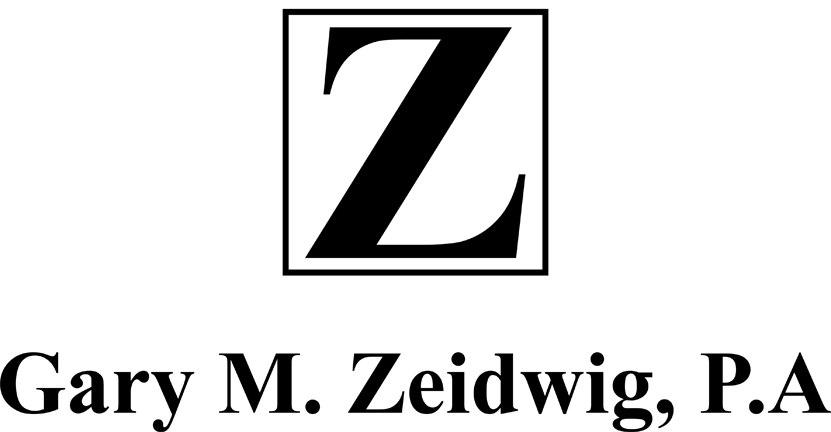Florida Product Liability and Punitive Damages in Tesla Autopilot Case: Insights from Zeidwig Law
In recent years, the integration of advanced driver-assistance systems like Tesla's Autopilot has sparked significant legal debates, particularly concerning product liability and the potential for punitive damages. At Zeidwig Law, under the leadership of seasoned trial attorney Gary M. Zeidwig, we are committed to educating the community on personal injury law and advocating for individuals impacted by vehicular accidents involving autonomous driving technologies.
Understanding Product Liability in the Context of Autonomous Driving Systems
Product manufacturers are legally obligated to design and market safe vehicles. When a company promotes a product as advanced or self-sufficient, questions about responsibility arise if a failure leads to a fatal crash. In Florida, punitive damages are reserved for cases where a manufacturer’s conduct is so reckless that it rises to the level of intentional misconduct or gross negligence. A recent appellate decision reversed a trial court ruling that initially allowed a punitive damages claim against Tesla following a fatal Autopilot-related crash, highlighting the high legal threshold required for punitive damages in product liability cases.
The Role of Punitive Damages in Florida Product Liability Cases
In Florida, punitive damages are not awarded simply because a company sells a defective product or fails to prevent an accident. Instead, the injured party must prove that the company engaged in gross negligence or intentional misconduct—conduct that reflects a conscious disregard for human life.
Legal Precedents and Implications
The appellate court ruled that the record did not support punitive damages because there was no evidence that Tesla knew or should have known that its Autopilot system was likely to cause death or serious injury. Key findings included:
· Compliance with Industry Standards: Tesla's system met industry safety standards and was compliant with applicable regulations.
· Clear Warnings: Tesla had repeatedly warned users against misuse and emphasized that the system was not fully autonomous.
· Technological Limitations: The court noted that Tesla could not be liable for failing to provide a nonexistent technology it never advertised.
Because punitive damages require proof of extreme misconduct, the appellate court concluded that the estate failed to meet the legal standard. Thus, while the case may proceed, it does so without the possibility of punitive damages.
How Zeidwig Law Can Assist
At Zeidwig Law, we specialize in representing clients affected by vehicular accidents involving advanced driving technologies. We offer:
· Comprehensive Case Evaluation: Thoroughly assessing liability and damages.
· Evidence Collection: Gathering key documentation including crash data and expert testimony.
· Expert Consultation: Working with industry experts to strengthen claims.
· Vigorous Representation: Fighting to secure full compensation for our clients.
Contact Zeidwig Law
Phone: (954) 523-3993
Address: 4849 N Dixie Hwy, Ste 103 & 104, Fort Lauderdale, FL 33334
Website: www.zeidwiglaw.com
*Note: This article is for informational purposes only and does not constitute legal advice. For personalized legal guidance, please contact our office directly.*
